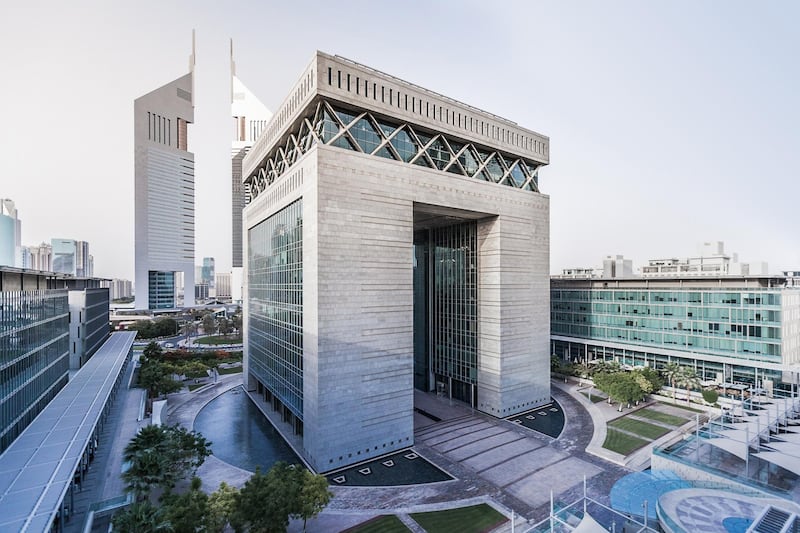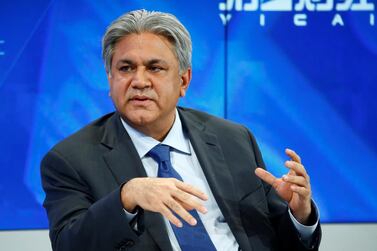Sheikh Mohammed bin Rashid, Vice President and Ruler of Dubai, has enacted a new insolvency law for companies operating in Dubai International Financial Centre.
The Law – No. 1 of 2019 – will come into effect on August 28 and aims to “balance the needs of all stakeholders in the context of distressed and bankruptcy related situations in DIFC, facilitating a more efficient and effective bankruptcy restructuring regime”, according to a statement on the Ruler's website.
The law “introduces a new debtor in possession bankruptcy regime … which will also place the DIFC at the forefront of complicated debt restructurings”, according to the statement.
The latest measure by Dubai comes after the high-profile collapse last year of Abraaj Group. It was once the region’s biggest private equity company which claimed to manage almost $14 billion (Dh51.42bn) of assets at its peak before investors such as the World Bank’s International Finance Corporation and the Bill and Melinda Gates Foundation questioned the use of their money in the company's $1bn Abraaj health fund.
An ensuing investigation uncovered corporate governance issues at Abraaj and led to the arrest of its founder, Arif Naqvi, in the UK, and other executives.
“Ensuring that businesses and investors can operate across the region with confidence is crucial,” said Essa Kazim, Governor of DIFC. “We are committed to continuously enhancing our legislative infrastructure in order to give leading global institutions the certainty and access they need.”
The new law provides for an administration process where there is evidence of mismanagement or misconduct. It also strengthens the rules governing insolvency procedures, and incorporates the UNCITRAL Model Law on cross-border insolvency proceedings with certain modifications to its application in DIFC.
Mr Naqvi, who is out on $20 million bail, along with two other executives, are being investigated by the US Securities and Exchange Commission over allegations of fraud and other charges.
In April, the Dubai Financial Services Authority, which regulates more than 500 companies registered at DIFC, said it was in contact with the SEC and had been investigating Abraaj Capital, the only Dubai-registered entity of the collapsed company.
In the The National in April, the DFSA's chief executive Bryan Stirewalt said the regulator had taken appropriate measures against Abraaj in the months after the allegations came to light last year and was preparing to introduce tougher policies with regard to corporate transparency and risk management.
Any company that fails to satisfy the toughened controls could be struck out or forced to amend their business model, Mr Stirewalt said.







